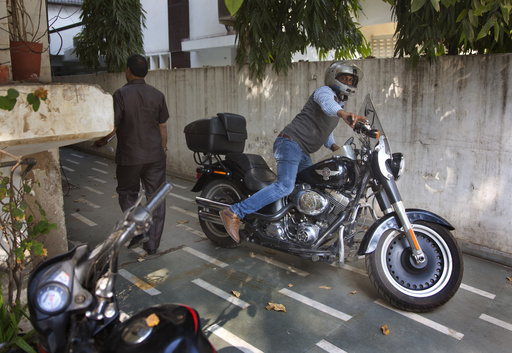
NEW DELHI – In a recent meeting at the White House, Indian Prime Minister Narendra Modi and U.S. President Donald Trump engaged in discussions aimed at mitigating tariffs, addressing trade disputes, and strengthening defense cooperation.
Despite Trump’s earlier threats to implement tariffs, both leaders expressed a willingness to negotiate, suggesting they could come to mutual agreements. Trump acknowledged Modi’s negotiating skills, humorously remarking that the Indian prime minister is “a much better negotiator than me.” In turn, Modi played off Trump’s “Make America Great Again” slogan, declaring his intent to “Make India Great Again.”
Key points emerging from the discussions included intense dialogue surrounding trade and tariffs. Trump emphasized that India’s import tariffs are “very unfair and strong,” and asserted that New Delhi must make concessions. Nevertheless, both leaders reached a consensus to pursue a deal to mitigate trade tensions, which Modi anticipates will be finalized by the end of this year. Trump expressed a desire to reduce the current trade deficit with India—estimated at $50 billion—by boosting U.S. energy exports to the country. Modi proposed a target to increase bilateral trade with the U.S. to $500 billion by 2030.
Analysts noted that this dialogue comes in the context of Trump’s attempts to reshape the global trading landscape. Raja Mohan of the Institute of South Asian Studies indicated that India is aware of these changes and is seeking a practical solution to its trade issues.
On the defense front, Trump announced plans to enhance military exports to India, including potential future sales of F-35 stealth fighter jets. Although no specific timeline was released, Indian Foreign Secretary Vikram Misri conveyed that discussions are currently in the proposal stage. Defense expert Rahul Bedi remarked that such agreements could require several years to materialize. Since 2008, India has approved over $20 billion in U.S. defense equipment acquisitions, and a recent agreement allows General Electric to collaborate with an Indian firm to manufacture jet engines domestically.
Additionally, Modi and Trump agreed to bolster security partnerships in the Indo-Pacific region, which is widely regarded as a strategic response to China’s expanding influence.
Trump also indicated his support for extraditing a key suspect in the 2008 Mumbai attacks, which resulted in the deaths of 166 individuals, likely referring to Tahawwur Hussain Rana. Indian authorities have attributed the attack to collusion between Pakistan’s intelligence services and the militant organization Lashkar-e-Taiba, claims that Pakistan has categorically denied. Should Rana be extradited, it would be a significant political boost for Modi, who has taken a firm stance against Pakistan.
The two leaders also touched upon immigration matters, with Modi affirming that India would accept its citizens living unlawfully in the U.S. Recently, the Indian government agreed to repatriate 104 migrants who were returned aboard a U.S. military aircraft.

